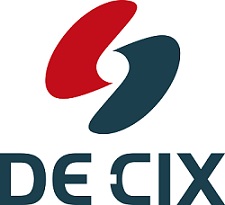AT&T has become the latest to attack Dish Network for its bidding tactics in the U.S. Federal Communications Commission’s (FCC’s) recently-concluded AWS-3 spectrum auction.
In a post on its public policy blog late last week, the telco giant branded companies like Dish, which do not operate commercial wireless networks, as spectrum speculators and stockpilers.
"Given the demands being placed on wireless networks today, the industry simply cannot afford to have significant spectrum resources sitting on the sidelines," claimed Joan Marsh, AT&T’s vice president of federal and regulatory.
Auction 97 concluded at the end of January, raising $44.9 billion in bids, far exceeding expectations. AT& ;T emerged as the top bidder, spending $18.2 billion, while Dish came in second with a gross bid total of $13.3 billion.
Dish’s choice to bid via three designated entities (DEs) – American AWS-3 Wireless, Northstar Wireless, and SNR Wireless – meant it qualified for a 25% discount on winning bids under the FCC’s ‘Designated Entity’ programme.
The move was given short shrift by FCC commissioner Ajit Pai who said it made a mockery of the DE programme, which is designed to encourage participation by smaller players. Dish defended its conduct, insisting it had played by the rules.
On Friday, AT&T waded in, arguing that Dish’s decision to bid via DEs had the effect of artificially inflating prices by bidding separately for the same spectrum licence.
"During one round of the auction, because of their triple bidding tactics, the Dish entities collectively had close to $30 billion in bids while their actual financial exposure was only one third of that," said Marsh.
"None of this suggests independent decision making by either of the DE bidders," she said. "This conduct circumvented auction activity rules, masked actual demand and distorted the auction."
AT&T called on the FCC to overhaul its competitive bidding rules to require joint bidders to either bid as a single entity or prohibit them from placing competing bids on the same licence. The operator also said that the DE programme needs to be tweaked so that major companies like Dish do not benefit from a scheme aimed at promoting small entrepreneurs.
"The Dish DEs simply do not seem like the type of entities that the FCC had in mind when the DE framework was adopted," said Marsh. "The complex corporate structure and related coordinated bidding conduct of the Dish DEs me rit a fuller review."

















